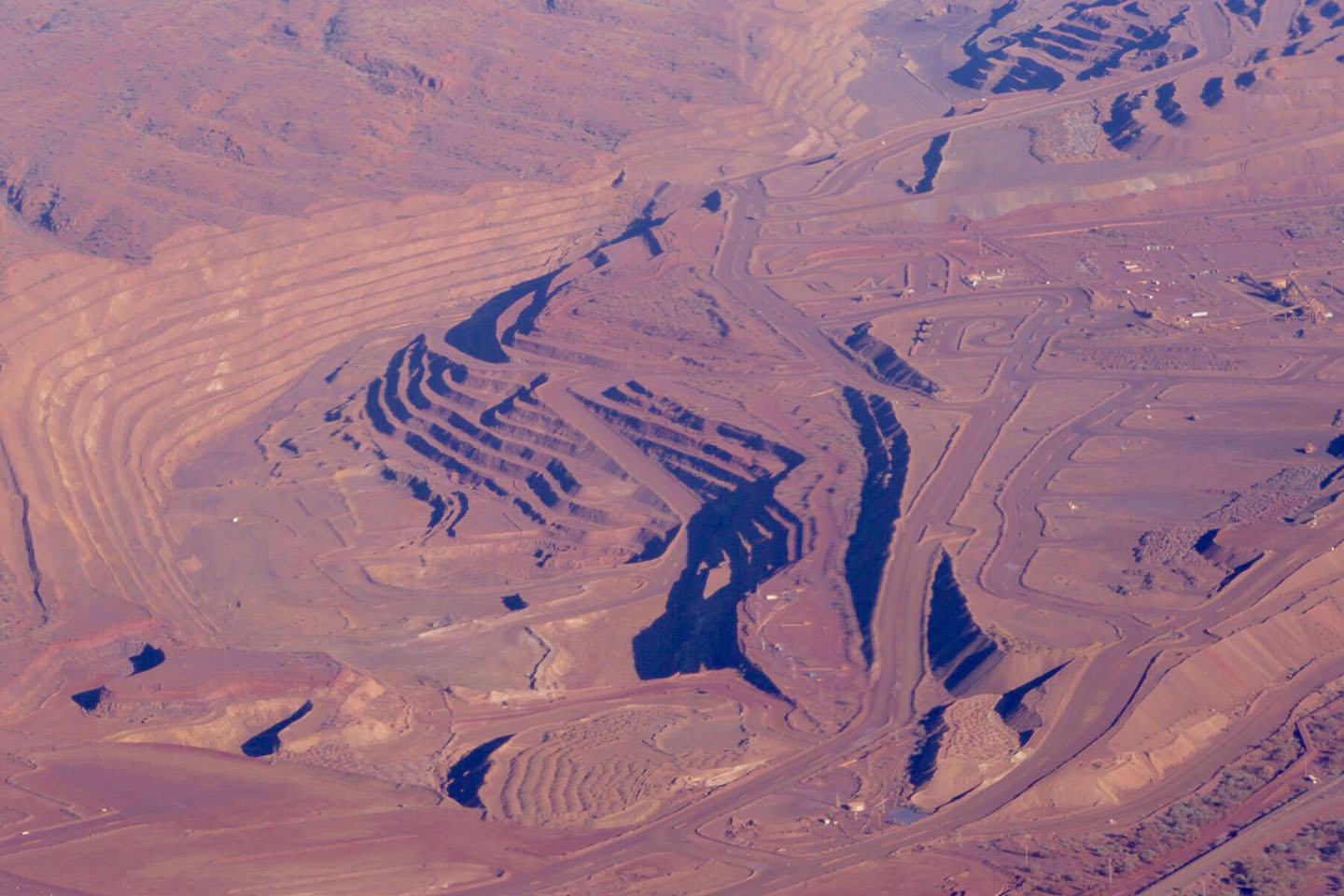Western Australia’s resources sector has evolved a long way from the perception, erroneous or otherwise, that its biggest and most profitable players are only interested in removing minerals from the ground and selling them to the highest bidder.


Western Australia’s resources sector has evolved a long way from the perception, erroneous or otherwise, that its biggest and most profitable players are only interested in removing minerals from the ground and selling them to the highest bidder.
In 2019, companies are no longer just accountable to shareholders, according to WA Mining Club president Kirsty Danby, they now have an obligation to deliver significant benefits to the wider community.
And while there is no doubt around the economic impact of mining operations in Australia – which contributed 45 per cent of the country’s total exports in the 2018 financial year – communities are increasingly asking for more from the resources sector.
“There is no doubt that there is increasing pressure on resource companies to obtain a ‘social licence to operate’,” Ms Danby told Business News.
“No longer is it a ‘nice to have’ – it’s mission critical from the start of every project – big or small.”
The concept of a social licence to operate refers to how much support a project, company or industry has in the local environment in which it operates.
While not exclusive to resources, the wide-reaching impacts a mining operation has on a community – environmental and otherwise – has many major companies assessing exactly what their environmental, social and governance (ESG) impacts are.
In resources, part of a company’s social licence is the need to obtain proper approvals and community support, however, it was also identified by EY in 2018 as one of the top 10 risks facing the mining and metals industry.
Ms Danby said those companies that embraced the concept were more likely to achieve the backing of investors – a crucial element of a sector dominated by publicly listed companies.
“Businesses that value ethical practices are strategically creating a competitive advantage,” Ms Danby said.
“They stand out as attractive investment options, particularly to those ethical investors that are making decisions beyond traditional operational or financial performance alone.
“These investors assess businesses on social environmental values and credentials, and it is a trend that continues to gather momentum.”
At share market darling Northern Star Resources, ESG values are considered to be a key enabler of sustainable growth.
Northern Star views community trust as a key aspect of maintaining its social licence, with the gold miner having a large suite of initiatives to achieve this objective.
In 2014, Northern Star acquired two gold operations located in the eastern Goldfields, near Kalgoorlie-Boulder, with the miner swiftly moving to identify the concerns of the local community.
Kalgoorlie-Boulder mayor John Bowler has long been a critic of the impacts of fly-in, fly-out workers on regional communities – a concern that has been recognised by Northern Star, which says 75 per cent of its Kalgoorlie operations’ employees are local residents.
Northern Star offers substantial incentives for workers to live in Kalgoorlie, while it has contributed more than $190,000 in sponsorships and donations to local sporting and community groups in the 2019 financial year.
Outside of Kalgoorlie, Northern Star employs indigenous rangers across all of its operations, who undertake the miner’s environmental compliance work.
Indigenous employment is also a key component of Fortescue Metals Group’s initiatives to maintain its social licence.
According to Fortescue’s latest Corporate Social Responsibility report, the iron ore giant employs 810 Aboriginal people, making up 14.1 per cent of its total workforce.
In the Pilbara, 16.7 per cent of Fortescue’s workers are indigenous.
Fortescue is also a key backer of indigenous business, with the company last year passing a $2 billion milestone of contract and subcontract awards to Aboriginal businesses and joint ventures since 2011.
Fellow iron ore major Roy Hill Holdings is similarly invested in its consideration of community and environmental outcomes in the north of the state.
Ms Danby said Roy Hill’s Community Foundation was a strong example of how a company can add value not only to its own business, but also society at large.
“It is a conglomerate of service providers (Downer, Samsung, NAB and others) that have joined with Roy Hill to create a community foundation,” Ms Danby said.
“It is a collaborative approach that delivers a united position on the value of community giving.
“Combining resources is providing a cumulative positive social impact across communities in the Pilbara.”
Outside of the majors, Ms Danby said a focus on environmental and social impacts was also becoming a big consideration.
Ms Danby said junior explorers were increasingly realising value from positive interactions and outcomes for local communities.
At MOD Resources, Ms Danby said, a sub-committee had been established to address sustainability by the company’s board of directors.
“It’s not hard to see why MOD is taking a leadership role here, given that Bronwyn Barnes is arguably our state’s most experienced ESG director, having negotiated native title, land access and community development for Western Mining Corporation, BHP, AMC Bauxite and a raft of junior resource companies across multiple jurisdictions,” she said.
“She has long argued the value of good ESG and the relationship to shareholder return.”
















